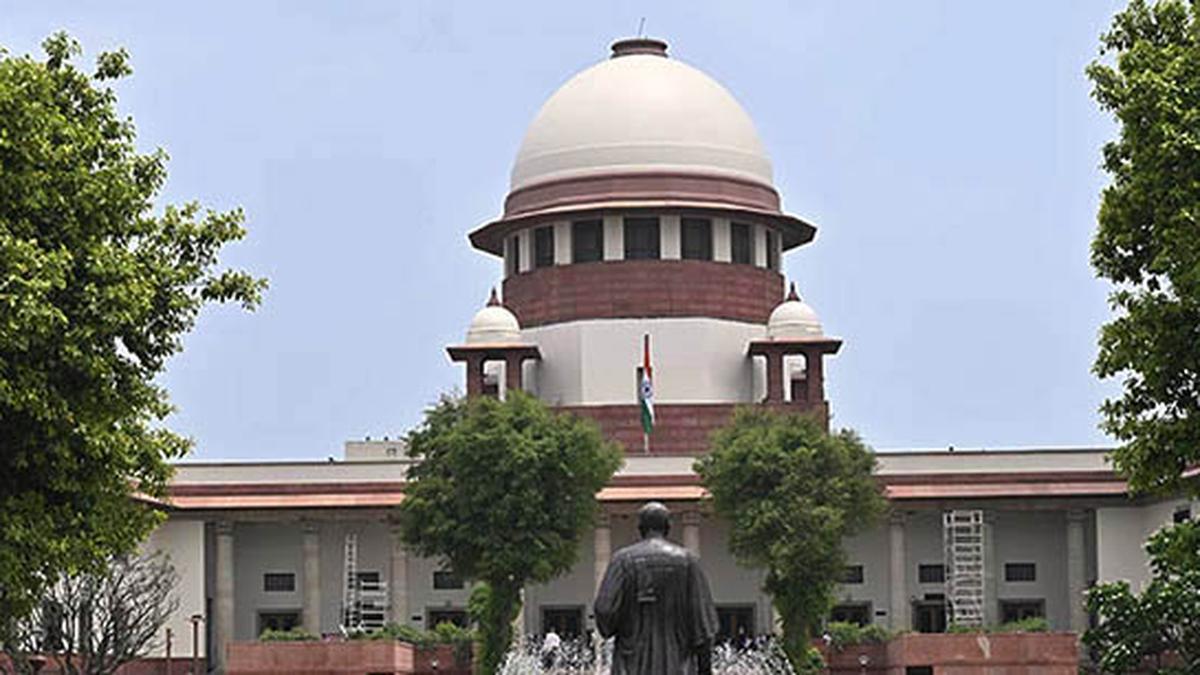 |
|
The Supreme Court of India, in a landmark judgment on November 5, 2024, affirmed the constitutional validity of the Uttar Pradesh Madrasa Education Board Act of 2004. This Act serves as a regulatory framework for madrasa education within the state of Uttar Pradesh. The Court's decision overturned a previous ruling by the Allahabad High Court, which in March had declared the Act unconstitutional. The High Court's judgment argued that the Act violated the principles of secularism by endorsing a system of education deemed to be in conflict with secular values.
The Allahabad High Court's decision was met with immediate action by the National Commission for Protection of Child Rights (NCPCR), which issued a notification directing that children attending madrasas be transferred to secular and regular schools. However, the Supreme Court's intervention has now reversed this order. The Court's decision was based on the premise that religious instruction, historically and culturally, has always been a recognized element of education in India. Furthermore, the Court recognized Article 23 of the Constitution, which explicitly permits religious instruction. The Chief Justice, in his oral observation, stated that there was no inherent issue with a state regulating an institution operated by a religious or linguistic minority, especially if the aim is to uphold educational excellence.
The Supreme Court's judgment represents a significant victory for the Uttar Pradesh government and its commitment to regulating madrasa education. It also signifies the Court's affirmation of the constitutional principle of religious freedom, which allows for the coexistence of religious and secular education systems within the country. This judgment will likely have far-reaching implications for the future of madrasa education in India, potentially impacting future policy decisions and legal challenges related to this sector.
Source: Supreme Court upholds the validity of the Uttar Pradesh Madrasa Education Board Act
